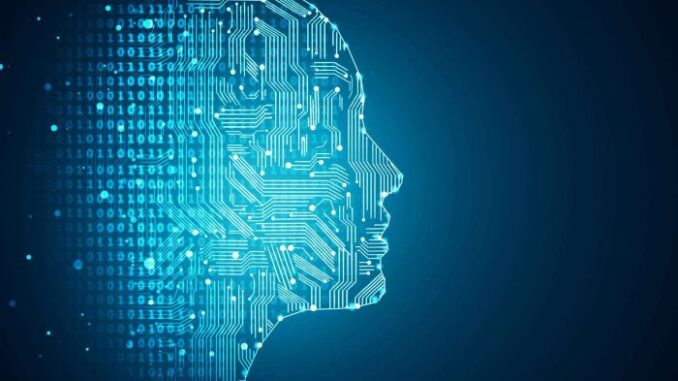
Artificial intelligence encompasses a broad range of capabilities that simulate human-like intelligence, allowing machines to learn, reason, and perform tasks that traditionally required human cognitive abilities.
Its applications are vast and continuously evolving, impacting various sectors such as healthcare, finance, education, and entertainment.








The ongoing advancement of AI technology encourages innovative solutions while also raising questions about ethics, employment, and the future of human-machine collaboration.
Artificial intelligence (AI) refers to the simulation of human intelligence in machines that are designed to think and act like humans. This involves various cognitive functions such as:
### 1. **Learning**
AI systems can learn from data and experiences. Machine learning, a subset of AI, allows algorithms to improve their performance on tasks over time without explicit programming. This includes:
– **Supervised Learning**: Training on labeled data to make predictions.
– **Unsupervised Learning**: Finding patterns in unlabeled data.
– **Reinforcement Learning**: Learning through trial and error to achieve a specific goal.
### 2. **Reasoning**
AI can simulate reasoning processes, allowing it to draw conclusions, make inferences, and solve problems based on the information it has. This involves logical reasoning and the ability to apply rules to reach conclusions.
### 3. **Problem Solving**
AI systems can tackle complex problems by breaking them down into manageable parts and applying various algorithms and heuristics. This is seen in applications like optimization problems, strategic planning, and resource allocation.
### 4. **Perception**
AI can interpret sensory data from the world around it, allowing it to understand visual, auditory, and tactile information. For instance, computer vision enables machines to recognize and interpret images, while natural language processing (NLP) allows them to understand and generate human language.
### 5. **Natural Language Processing (NLP)**
AI can process and understand human language through NLP, enabling tasks such as language translation, sentiment analysis, and automated responses to written communication, like emails or messaging.
### 6. **Planning**
AI systems can determine a sequence of actions to achieve a goal. This includes capabilities in fields like robotics, where AI is used to navigate environments and perform tasks autonomously.
### 7. **Adaptability**
AI can adapt its strategies and learn from new data or experiences, making it resilient to changes in its environment or the tasks it is assigned.
### 8. **Decision Making**
AI can analyze data and make decisions based on algorithms and predefined criteria. This capability is crucial in many applications, from financial trading to medical diagnosis.

Leave a Reply